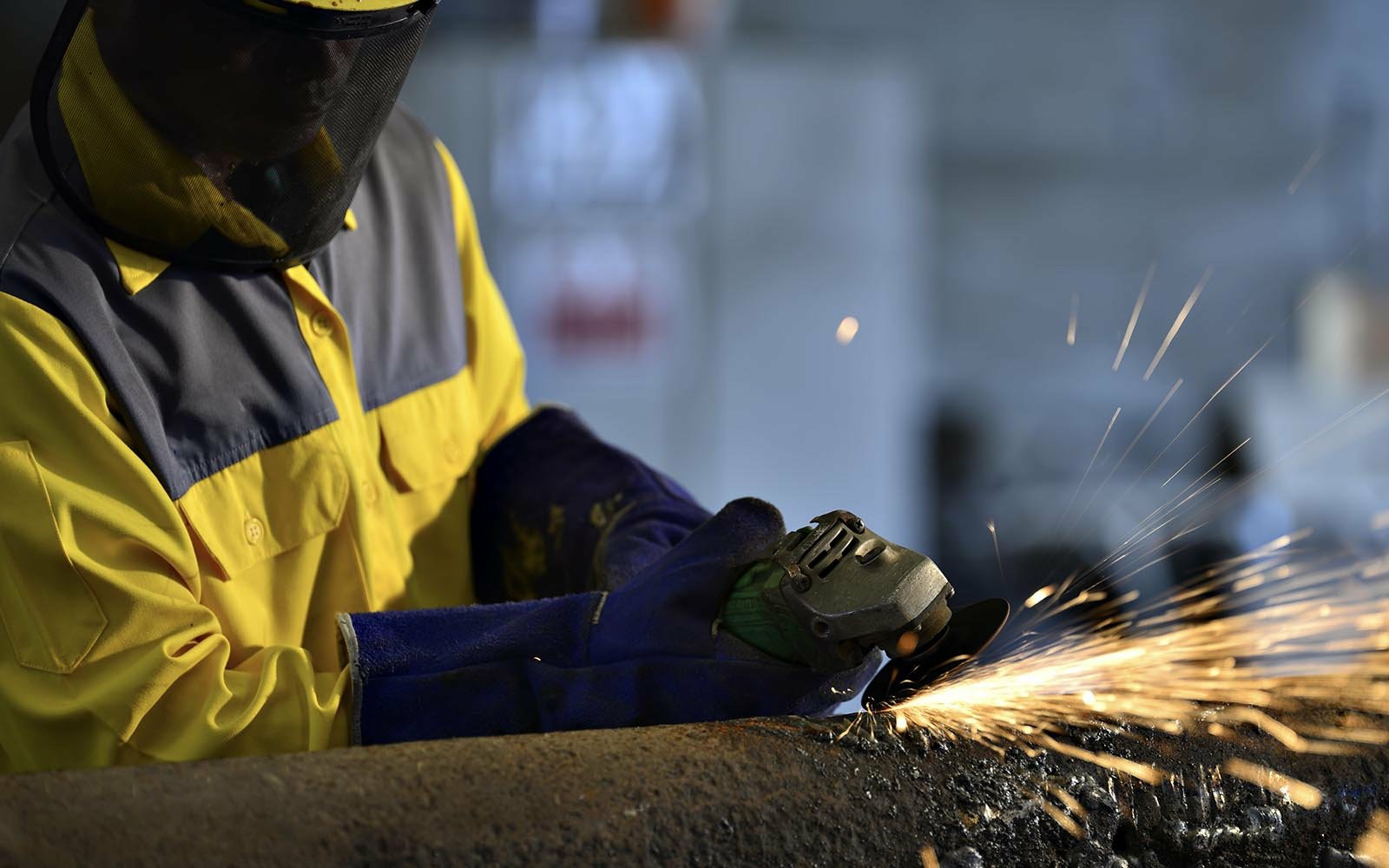A Comprehensive Guide to Abrasive Wheels: Safety Risks and Essential Training in Ireland
Abrasive wheels are crucial tools used in various industries today, from manufacturing to construction. Understanding their definition, common applications, associated risks, and the significance of proper training can prevent serious accidents.
What Are Abrasive Wheels?
Abrasive wheels are round, cylindrical discs made from abrasive materials that are used for cutting, grinding, or polishing various materials, including metals and concrete. They are often mounted on power tools such as angle grinders, bench grinders, and cut-off saws.
Applications of Abrasive Wheels
- Manufacturing: Used in metal fabrication and machining.
- Construction: Essential for concrete cutting and masonry work.
- Automotive: Commonly employed in vehicle maintenance and restoration.
- Jewelry Making: Utilized for polishing and finishing intricate designs.
Abrasive Wheels Safety Risks
While abrasive wheels are incredibly useful, they come with various safety risks, including:
- Wheel Breakage: A damaged or improperly mounted wheel can shatter and cause severe injuries.
- Hearing Loss: Continuous use without proper ear protection may lead to permanent hearing damage.
- Eye Injuries: Flying debris can result in serious eye injuries if protective eyewear is not used.
- Dust Inhalation: Fine dust produced can lead to respiratory issues if inhaled.
- Cuts and Lacerations: Improper handling and lack of protective equipment can cause severe cuts.
The Importance of Abrasive Wheels Training
Proper training is essential in using abrasive wheels, as it increases safety awareness and skill proficiency. The primary benefits of attending a certified abrasive wheels training course include:
- Understanding Equipment: Gaining knowledge about the functions and features of abrasive wheels.
- Risk Awareness: Learning to identify common hazards and how to mitigate them.
- Legal Compliance: Adhering to workplace safety regulations, ensuring the organization is protected against legal issues.
- Enhanced Skills: Developing hands-on skills in the safe handling and operation of abrasive wheels.
Available Training Options in Ireland
For those seeking abrasive wheels training in major cities like Dublin, Cork, Galway, Limerick, and Waterford, there are various courses available:
- Certified Abrasive Wheels Course
- Abrasive Wheels Safety Course Limerick
- Abrasive Wheels Certification Waterford
- Abrasive Wheels Training Dublin
- Abrasive Wheels Certification Galway
- Abrasive Wheels Training Cork
- Abrasive Wheels Online Course
Legal Requirements for Abrasive Wheels Use
In Ireland, it is crucial for workplaces to comply with safety regulations regarding the use of abrasive wheels. This includes:
- Ensuring all operators have received proper training and certification.
- Conducting regular equipment checks and maintenance.
- Providing personal protective equipment (PPE) such as gloves, goggles, and ear protection.
- Implementing safety protocols and procedures to mitigate potential hazards.
Best Practices for Preventing Accidents
To minimize accidents involving abrasive wheels, follow these best practices:
- Always inspect the wheel before use.
- Ensure the wheel is properly mounted and secured.
- Use appropriate PPE at all times.
- Keep the work area clean and free of hazards.
- Follow all operational guidelines and manufacturer instructions.
Conclusion
Understanding the definition, risks, and safe practices of abrasive wheels is essential for any professional using this equipment. With locations offering certified training such as Abrasive Wheels Training Dublin, Cork, Galway, and Limerick, it’s imperative to prioritize safety through education and compliance with Irish workplace standards. Don’t wait—enroll in a certified course today to ensure safety for yourself and your colleagues!
For more information or to sign up for a training course, contact us at [email protected].



 349,500 Offered Certificates
349,500 Offered Certificates
 24/7 Online Training
24/7 Online Training
 Money Back Guarantee
Money Back Guarantee
 Fully Accredited Courses
Fully Accredited Courses
